A series of posts featuring BU’s impact case studies for REF 2021. (These are edited versions of the final submissions – the full impact case studies will be published online in 2022.)
Discovering and preserving human fossil footprints at White Sands National Park, New Mexico

The dunes at White Sands National Park, New Mexico
Research areas: Environmental & Geographical Sciences, Data Science, Hominin Palaeoecology
Staff conducting research: Professor Matthew Bennett, Professor Marcin Budka, Dr Sally Reynolds
Background: Fossil footprints are an important, but neglected, part of the palaeontological and archaeological record. Professor Bennett, a recognised authority on human footprints, received funding from the Natural Environment Research Council (NERC) to develop analytical approaches for the capture and analysis of human footprints, and then translate the work into the freeware DigTrace. DigTrace is an integrated software solution for the capture and analysis of 3D data of footprints, and can be applied to both fossil footprints and forensic practice. Along with similar ‘Structure from Motion’ photogrammetry approaches, DigTrace has revolutionised vertebrate ichnology, providing data for advanced biomechanical analysis, enhanced visualisation, and the preservation of fragile fossil footprints.
Professor Bennett was approached by the US National Park Service (NPS) to help them identify human tracks at White Sands National Park in New Mexico and advise on conservation methods. They had already found the tracks of Ice Age animals such as giant ground sloth and mammoth but wanted to know more about potential human fossil footprints. In collaboration with David Bustos, the park’s resource manager, Professor Bennett quickly confirmed the presence of human footprints. Casts of the fossil tracks are now on display in Harvard University’s Peabody Museum and PLOS SciComm listed the findings as number one in its ‘Top 9 discoveries in human evolution’ in 2020.
The research is ongoing, including the discovery and analysis of the longest known human trackway so far reported, and the team has also pioneered the geo-prospection of human tracks using geophysical methods. The discovery of the footprints was featured in The Conversation, and covered extensively in the media, including: National Geographic, New York Times, Daily Telegraph, The Times, Atlantic, BBC Radio, New Scientist and many more.
The impact:
Using DigTrace, and the research findings, Professor Bennett helped the NPS develop conservation management methods and approaches, enabling them to digitally conserve the eroding footprints. Using geophysics, the researchers developed methods for mapping hidden tracks for the NPS staff to use.
The intense media interest generated in the footprints, together with the description of how the humans involved would have been actively hunting giant ground sloth, was used by local politicians to launch draft legislation to re-designate White Sands as a Park and include the words ‘palaeontology’ and ‘archaeology’ in the founding legislation. The legislative process was slow but President Trump finally signed off on the name change and re-designation in December 2019. The NPS acknowledged the importance of Professor Bennett and his team’s track research in bringing about the re-designation and the Smithsonian National Museum confirmed the site’s significance within the Americas.
Independent research undertaken by a non-profit research group at the time suggested that the impact to the local economy of Alamogordo (Otero County) was likely to be worth $6m a year due to an enhanced number of visitors to the park.
Enabling the Genarrator Generation: creating a more active, participatory role for modern readers

The Genarrator website
Research area: Literature
Staff conducting research: Dr Jim Pope, Dr Simon Frost
Background: Too often, readers have seen themselves as mere passive recipients of the outputs from a professionalised corporate literature industry. This view is underpinned by an understanding of literature through the so-called author-centric conduit model, whereby the author transmits a narrative to a single reader who decodes the story.
BU researchers have explored theoretical and practical ways in which the reader is placed closer to the centre of literary practice, creating a collaborative model in which users and producers are co-creators of a narrative experience. Research findings suggested that readers create their texts’ values as an active expression of the desires they see being supported, obstructed or ignored. Because these values are made possible by the intertextuality of other publicly available works, where the meanings and values of works are shaped by one another, they are fundamentally collaborative. This theorisation, especially the social political ambition, was articulated in outputs by Frost and Pope.
BU’s research concluded that the collective interaction between all agencies, technologies and economies enable the reader-user to gain a personalised narrative experience, creating value in relation to the reader’s desires. Dr Pope spearheaded the creation of the web-based app Genarrator, a free space for digital interactive stories, in which readers participate more fully by choosing the direction and outcomes of a narrative. In addition, researchers also set up the open call New Media Writing Prize (NMWP), now in its 11th year. New media industries draw on BU research outputs in their own research and development opportunities, sponsoring collaboration with prizewinners and providing internships.
The impact:
The Genarrator website and app
The Genarrator website operates as a professional publishing platform and is home to more than 2,000 narratives. Available free of charge, and free of advertising, it enables people to produce interactive narratives, with branching pathways and multiple endings, and provides a collaborative online space for the interactive narrative community. It allows readers to connect with storytelling and, crucially, provides authors with new ways to reach their audiences and tell their stories. The NMWP, the first and only global prize of its kind, showcases the best in new media writing with innovative digital fiction, poetry and journalism which integrate a variety of formats, platforms and digital media. Both Genarrator and the NMWP have changed the way participants view their relationship with literature, enabling them to create their own interactive stories, and helping them find and use their voices in ways that were never possible before.
Empowering young people
In 2016, working with AIM Central (a charity sponsored by Children in Need/BCP Council), BU researchers undertook a co-creation workshop with AIM users, young people at risk, and those not in education, employment or training (NEET). Each participant self-designed and created an interactive narrative using Genarrator, which was subsequently published on the Genarrator community site. The workshops improved participants’ understanding of digital storytelling, their creative writing, filming, artistic and technical skills, and enhanced teamwork and cooperation. They also provided acknowledgement of their work, as it was displayed alongside professional outputs, and gave employers a place to see their art.
Between 2018 and 2019, BU researchers held a series of workshops with students aged 14-15 from ‘working class/non-working families’ at Bishop of Winchester Academy. BU students and the school’s sixth-formers mentored participants, and narratives included stories about bullying, racism in football and anxiety. The sense of achievement many students felt was translated into aspiration for higher education, illustrating that Genarrator had provided inspiration and links to university study for disenfranchised young people.
Improving careers of narrative practitioners
The NMWP has contributed to the development and promotion of new media writing over the past 10 years, engaging a range of practitioners including journalists and documentary makers as well as writers and artists. Following the British Library’s public event ‘Digital Conversations’ in 2019, which focused on celebrating the NMWP, national arts charity One-to-One Development Trust praised the impact of the prize, commenting on its “unique” and “cross-discipline” features and crediting it for attracting a broad range of entries and widening the field of new media.
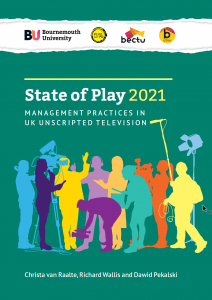 This week sees the publication of the Faculty of Media & Communication’s report State of Play 2021: Management Practices in UK Unscripted Television. Described by Marcus Ryder MBE as one of the most comprehensive industry assessments in years, the report is the culmination of eight months of qualitative data analysis from a survey of people working in the unscripted sector of the UK’s TV industry. A preliminary report, based on only the quantitative findings, was published in January. This week’s full report – a document of some 100-pages – gives context, colour and detail to the worrying statistics. The picture it paints is one of a troubled industry urgently in need of reform.
This week sees the publication of the Faculty of Media & Communication’s report State of Play 2021: Management Practices in UK Unscripted Television. Described by Marcus Ryder MBE as one of the most comprehensive industry assessments in years, the report is the culmination of eight months of qualitative data analysis from a survey of people working in the unscripted sector of the UK’s TV industry. A preliminary report, based on only the quantitative findings, was published in January. This week’s full report – a document of some 100-pages – gives context, colour and detail to the worrying statistics. The picture it paints is one of a troubled industry urgently in need of reform.


 Following the recent Horizon Europe (HEU) Cluster 1
Following the recent Horizon Europe (HEU) Cluster 1  The Horizon Europe Work Programme for 2021-22 will be updated in the autumn to accommodate some important changes, which were not included in the original version, published in mid-June. The first Horizon Europe Work Programme may include several elements related to the implementation of the new programme, for example:
The Horizon Europe Work Programme for 2021-22 will be updated in the autumn to accommodate some important changes, which were not included in the original version, published in mid-June. The first Horizon Europe Work Programme may include several elements related to the implementation of the new programme, for example: UK and South Korea social science, arts and humanities connections
UK and South Korea social science, arts and humanities connections Examining UK-China creative industries research and innovation
Examining UK-China creative industries research and innovation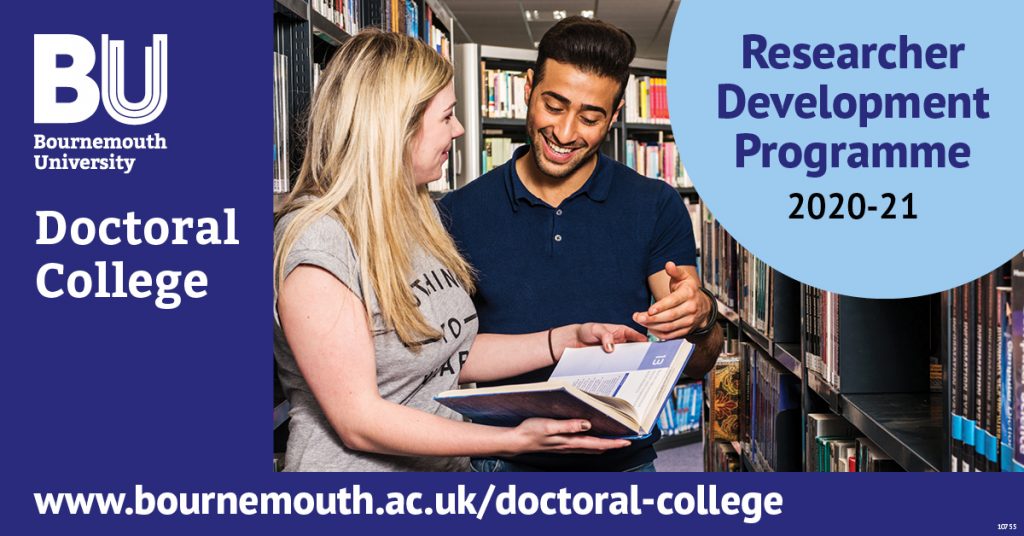
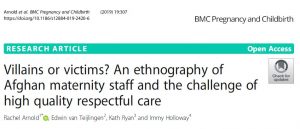

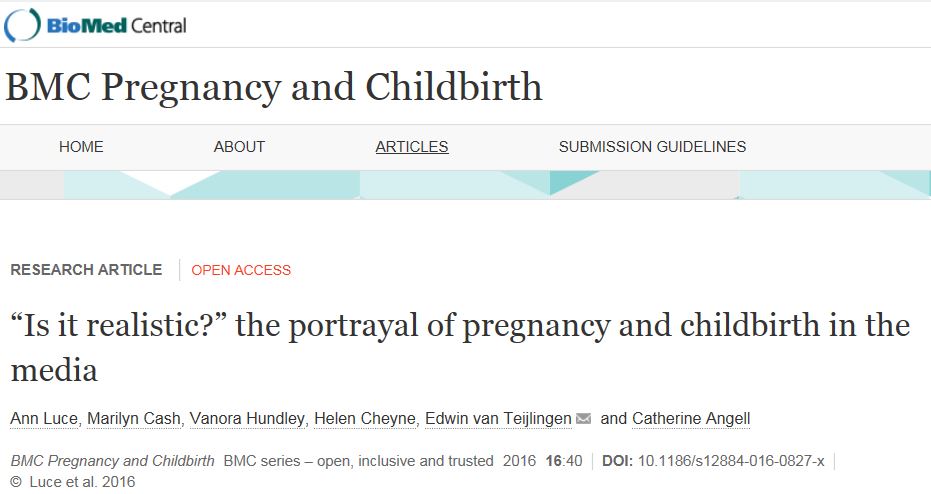





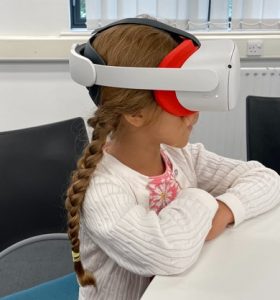




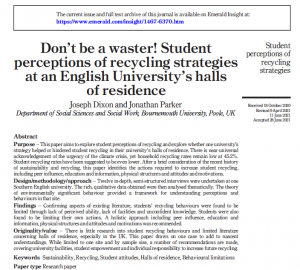











 Beyond Academia: Exploring Career Options for Early Career Researchers – Online Workshop
Beyond Academia: Exploring Career Options for Early Career Researchers – Online Workshop UKCGE Recognised Research Supervision Programme: Deadline Approaching
UKCGE Recognised Research Supervision Programme: Deadline Approaching SPROUT: From Sustainable Research to Sustainable Research Lives
SPROUT: From Sustainable Research to Sustainable Research Lives BRIAN upgrade and new look
BRIAN upgrade and new look Seeing the fruits of your labour in Bangladesh
Seeing the fruits of your labour in Bangladesh ECR Funding Open Call: Research Culture & Community Grant – Apply now
ECR Funding Open Call: Research Culture & Community Grant – Apply now ECR Funding Open Call: Research Culture & Community Grant – Application Deadline Friday 12 December
ECR Funding Open Call: Research Culture & Community Grant – Application Deadline Friday 12 December MSCA Postdoctoral Fellowships 2025 Call
MSCA Postdoctoral Fellowships 2025 Call ERC Advanced Grant 2025 Webinar
ERC Advanced Grant 2025 Webinar Update on UKRO services
Update on UKRO services European research project exploring use of ‘virtual twins’ to better manage metabolic associated fatty liver disease
European research project exploring use of ‘virtual twins’ to better manage metabolic associated fatty liver disease